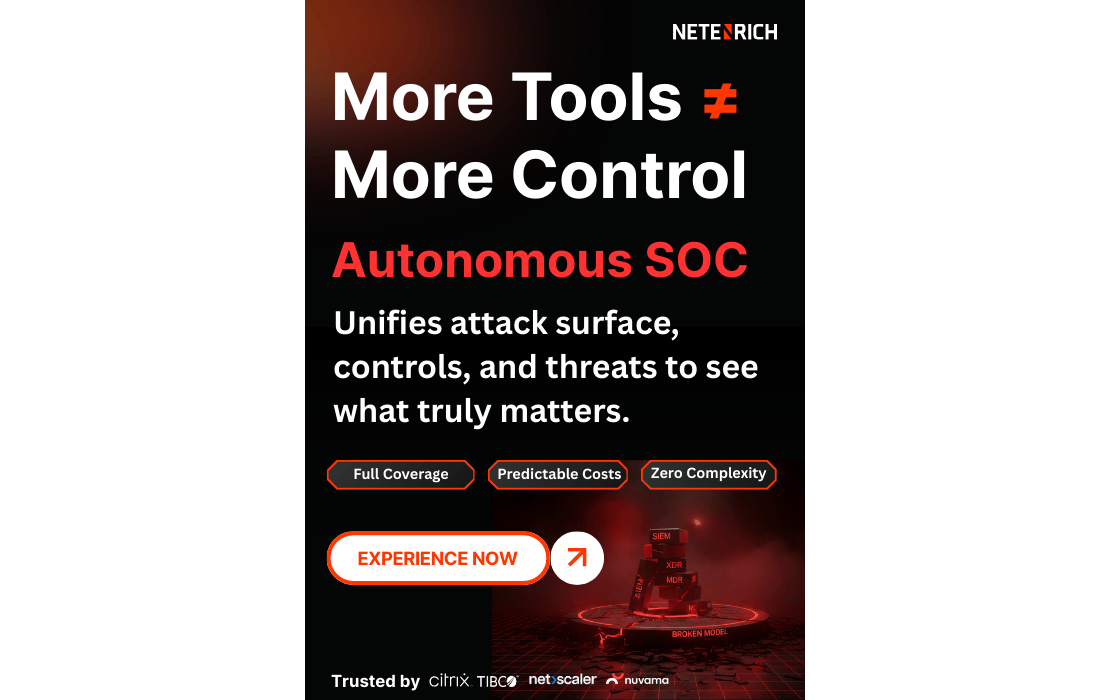What is DDoS Attack?
Around since the 1990s, distributed-denial-of-service (DDoS) attacks have become an increasingly prevalent threat to organizations of all sizes. The goal of a DDoS attack is to render a website or online service inaccessible to legitimate users. Unlike a denial-of-service (DoS) attack, where the attack stems from a single source, a DDoS attack comes from multiple sources (or vectors).
For example, threat actors can exploit vulnerabilities or misconfigurations in computer systems and use a network of compromised devices, known as a botnet, to launch a coordinated assault that overwhelms a target’s servers with a flood of malicious service requests.
In short, DDoS attacks are a website and/or business disruption tactic, with motives ranging from financial gain to political activism and potential impacts ranging from financial losses, reputational damage, and critical service downtime.
In Netenrich
To defend against DDoS attacks, organizations need to understand the attack surface reliable attack surface management (ASM). To that end, there’s Resolution Intelligence Cloud™, a cloud-native platform that gives organizations a complete view across their attack surface and into how their critical business functions operate and what dependencies they have so they can prioritize and address the most critical risks by appropriately allocating the bulk of their defenses. The platform enables organizations to identify, assess, and mitigate potential vulnerabilities in their network infrastructure, applications, and digital assets.
Additionally, Netenrich’s team of security experts provides continuous support and threat intelligence, ensuring that organizations are equipped with the knowledge and resources they need to effectively defend against these types of threats. With Netenrich’s attack surface management capabilities, businesses can proactively safeguard their assets and maintain a strong security posture.


